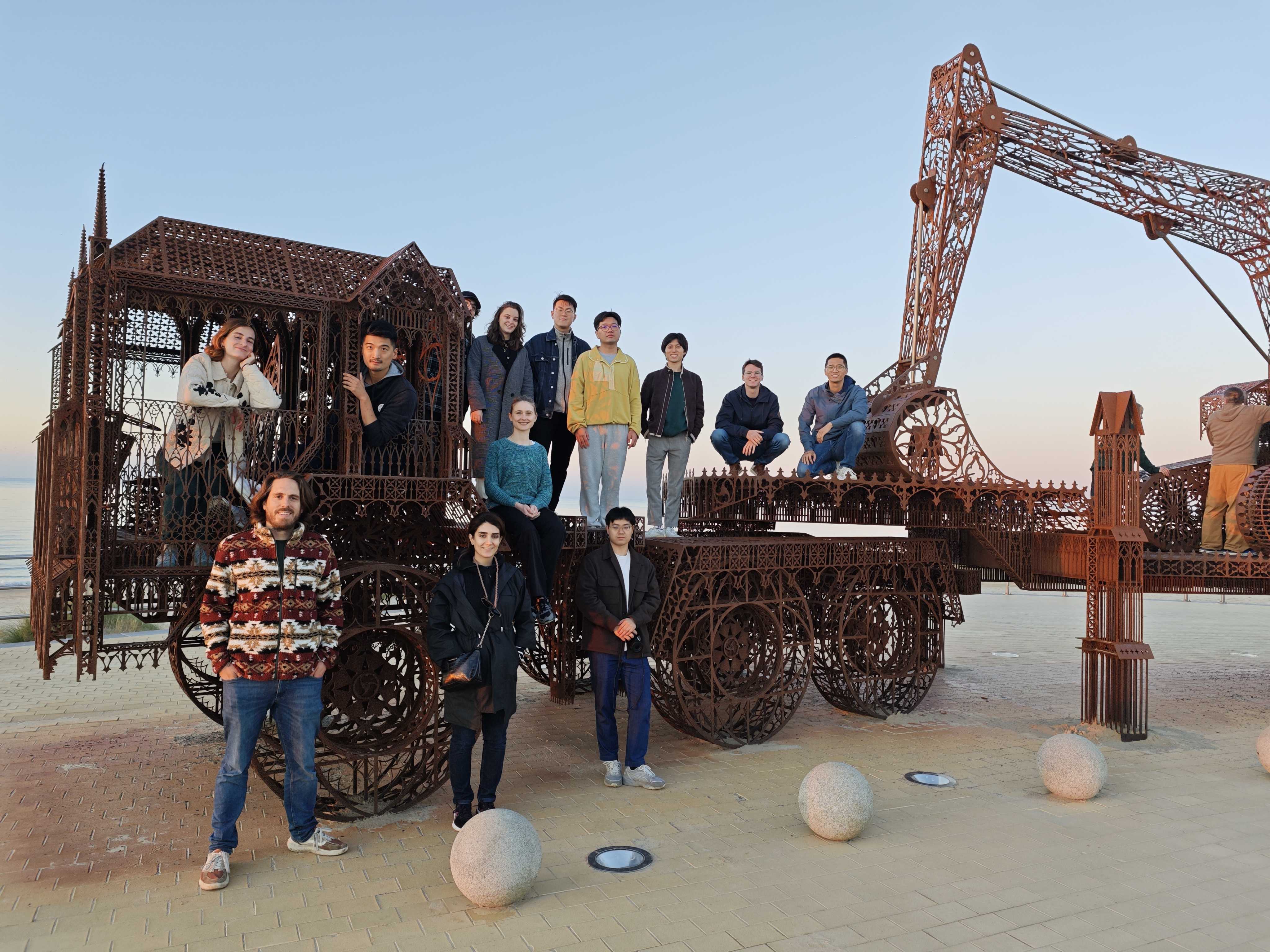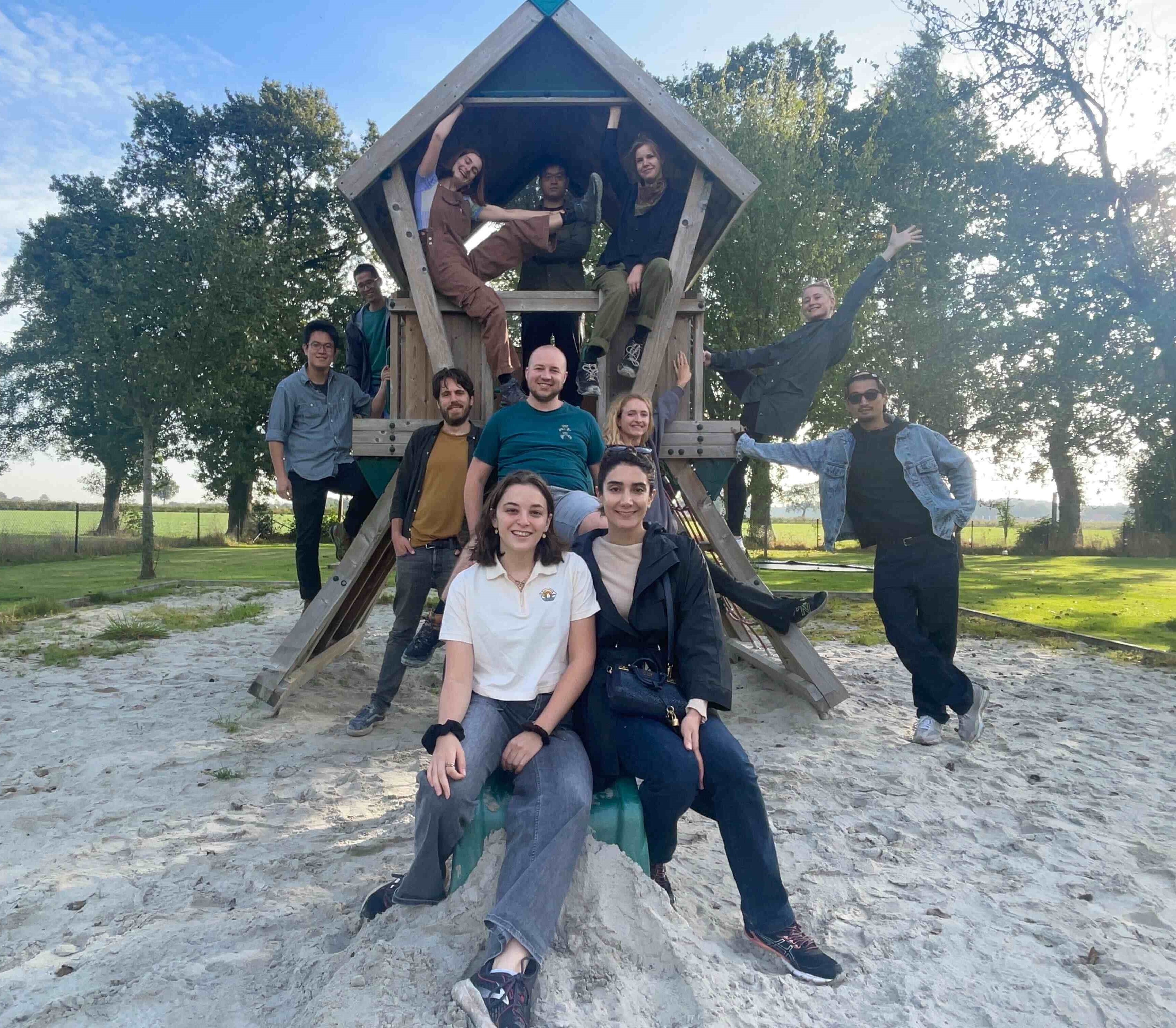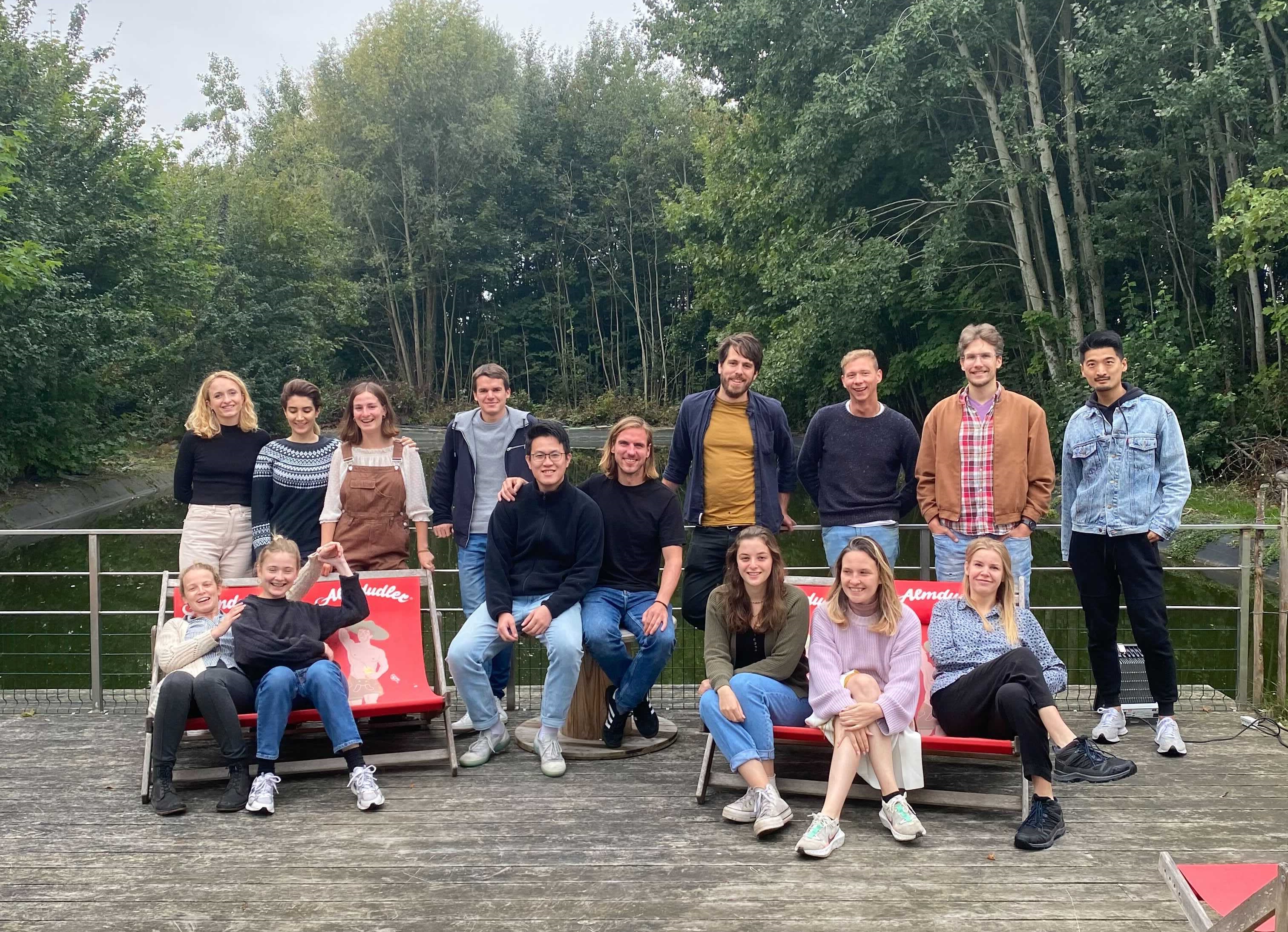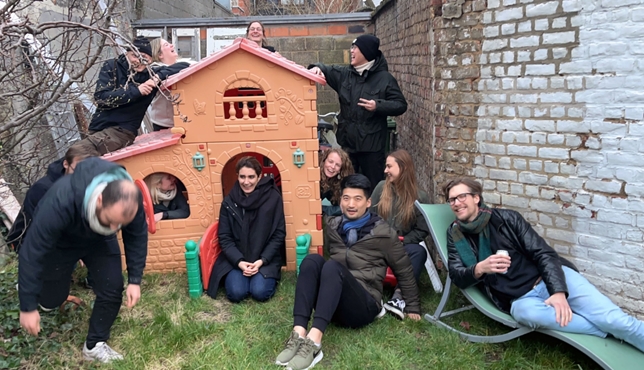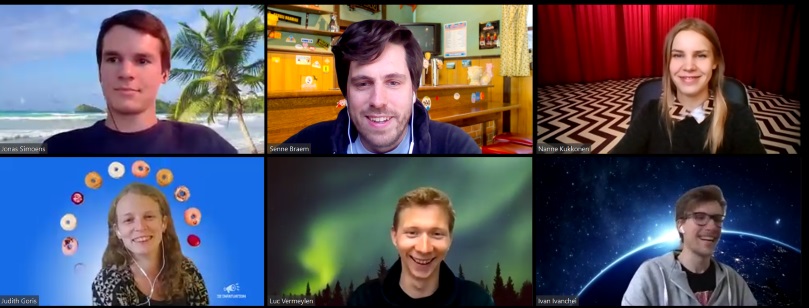people

Senne Braem
I did my Masters in Experimental psychology at Ghent University, an internship at Humboldt University, Berlin, and worked as a PhD student back in Ghent with Wim Notebaert and Tom Verguts (2009-2013). I worked as a postdoc with Marcel Brass and Jan De Houwer (2013-2015), and as a visiting researcher with Tobias Egner (Duke University, US) and Michael W. Cole (Rutgers University, US). I started as an assistant professor at Vrije Universiteit Brussel in 2018, and as an associate professor at Ghent University in 2020. Outside of research, I like spending time with family and friends, and trying out new food or music. And I'm uncertain about how to write a short bio.
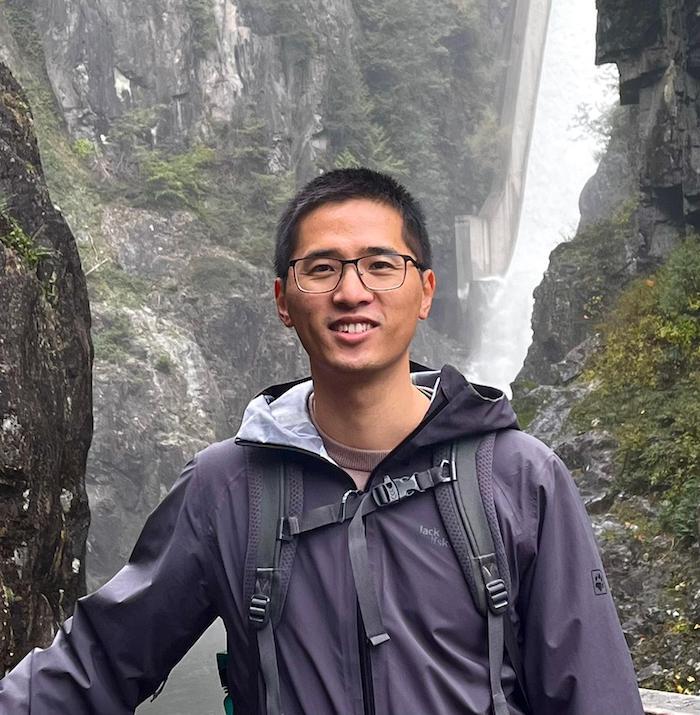
Zhang Chen
I am a postdoc in Frederick Verbruggen’s and Senne Braem’s lab. My current work aims to understand how excessive gambling behavior arises and can be reduced. To do this, I combine a data science approach, in which I analyze large-scale secondary data from real-world gambling behavior, and an experimental approach, in which I design gambling-like tasks to isolate the influence of specific design features of gambling products. In my free time, I like going to the gym, bouldering, eating nice food and (sometimes binge) watching TV series.
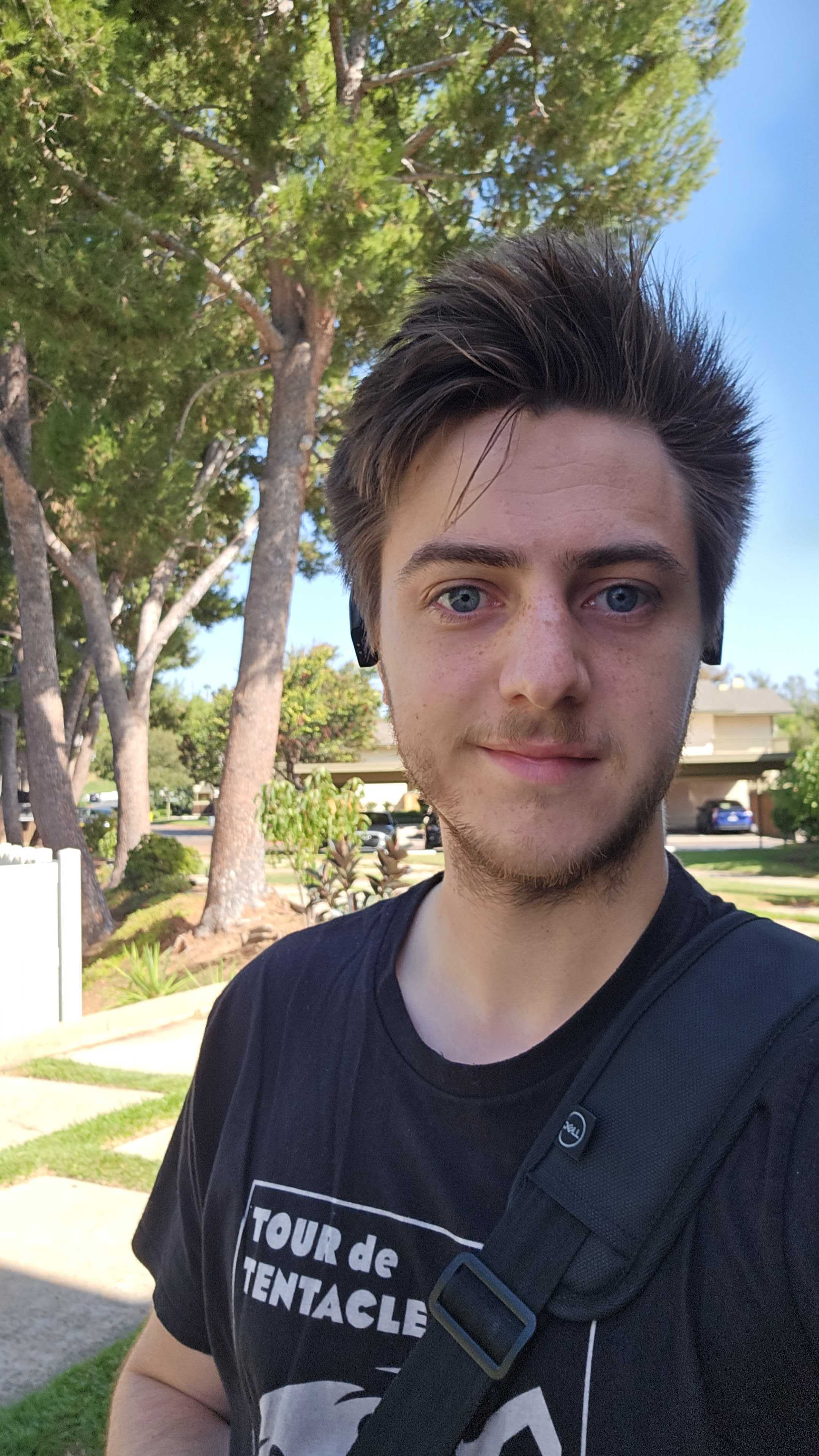
Aaron Vandendaele
When a bilingual uses language, all known languages are activated to some degree and compete with one another, leading to cross-language interference. The process by which we ensure the selection and understanding of the right words in the correct language is called language control. My main line of research examines whether this function is something that is specific to the domain of linguistic processing, or it is part of a greater (domain-general) framework of cognitive control. To do this, I look at the overlap between language- and task switching paradigms on a behavioural, computational and neural level. This project takes place at the Vrije Universiteit Brussel with Mathieu Declerck and Ghent University with Senne Braem. In my free time, I attempt to play squash somewhat competitively, but I also enjoy some more leisure activities like reading, gaming and learning Italian (hand gestures included).
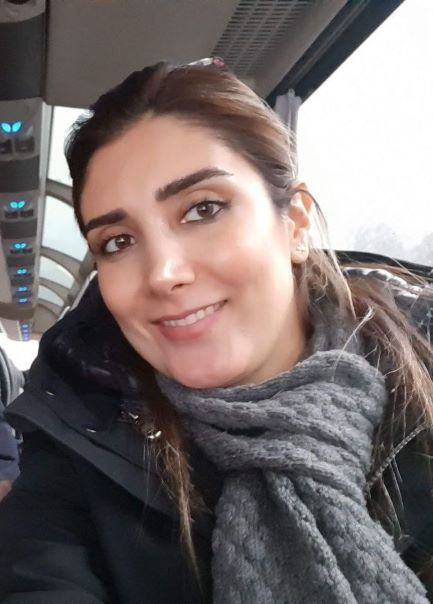
Mina Habibi
I am deeply passionate about cognitive (neuro)science in the domains of learning, memory, and decision making. I am eager to know how factors like achieving a reward or preventing punishment can influence our learning styles, memory system, and decision making strategies. I did my Masters in Cognitive Science at the University of Trento–CIMeC in Italy, and I studied “The influence of declarative learning on the consolidation of acquired motor skill under valence feedback” for my thesis. In my current project, under the supervision of Senne Braem, I am investigating whether the formation of either shared versus parallel task representations, can be selectively nudged by their reinforcement learning history or contextual features in their environment. In my free time, I like listening to podcasts, reading books, and gardening.
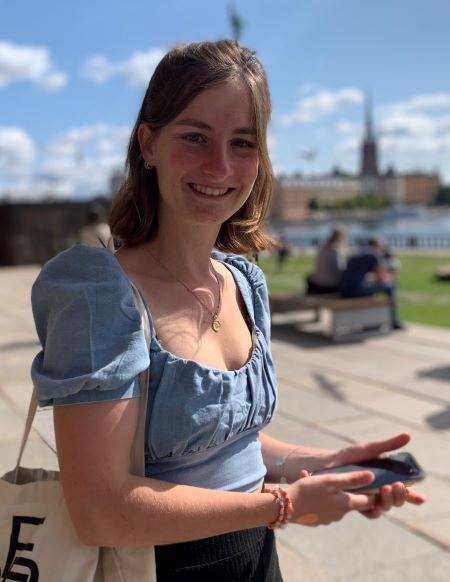
Fien Goetmaeckers
When we are choosing from a wide set of options (e.g., which bar to go to tonight) there are different strategies with which we can choose to explore options we never tried before. For my PhD project, I study such exploration strategies and how they can be modulated by contextual cues. Together with Senne Braem and Tom Verguts, I extend computational models of reinforcement learning and test these with behavioural experiments. I have a background in Physics and Astronomy (MSc obtained at Ghent University). Besides being a curious researcher, I am a passionately inelegant figure skater, amateur poet, dance lover and adventure and sports enthusiast.
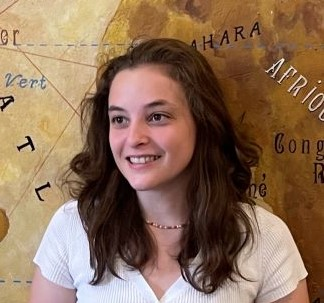
Janne Reynders
Variability is a beneficial and often necessary (behavioral) strategy in life, think about problem-solving, creativity, or even evolutionary advantages. My PhD project mainly concerns the question whether or not we can be truly (and controllably) variable or even random, and how the brain would generate this (apparent) variability, e.g. is there a true stochastic generator in our brain, or are other underlying processes involved? Together with Senne Braem and Tom Verguts, I tackle this question with computational modeling and testing it with behavioral experimental data. Before my PhD, I obtained a masters in Computational Neuroscience and Neuroengineering (Université Paris-Saclay/CentraleSupélec) and before that, I completed a masters in Human Health Engineering (KU Leuven). Aside from studying variability in my PhD, I also like to try out and experience variable things in life, for example, by trying different foods or activities, learning new stuff, or by traveling, to discover other cultures and places. My more consistent hobbies include, playing guitar, climbing, running, cooking, baking, and in general hanging out with friends and family.
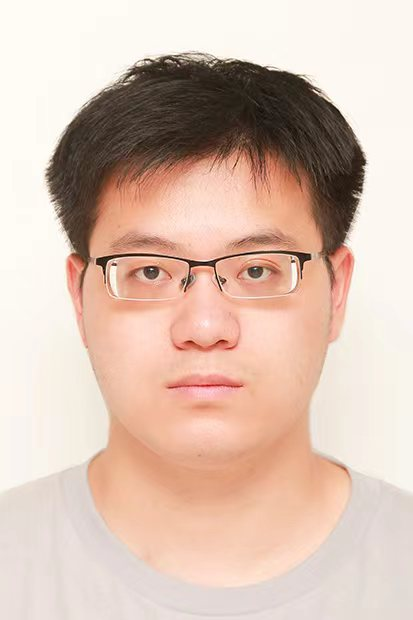
Daxun Zhu
I obtained my master's degree in Neurolinguistics. My previous research focused on the role of cognitive control in language production. I started my PhD supervised by Senne Braem and Wim Notebaert, supported by China Scholarship Council (CSC). In my current project, I’m studying the non-linear effect of context similarity on the domain-generality of adaptive control, in which we will use two tasks with different levels of contextual similarity and employ both behavior and fMRI to evaluate the underlying hypothesis regarding the importance of overlapping task representations. Finally, we will use an extensive training session to investigate whether training aimed at creating parallel task representations can ultimately result in CSEs across tasks. In my free time, I enjoy playing/watching football, jogging, and traveling.
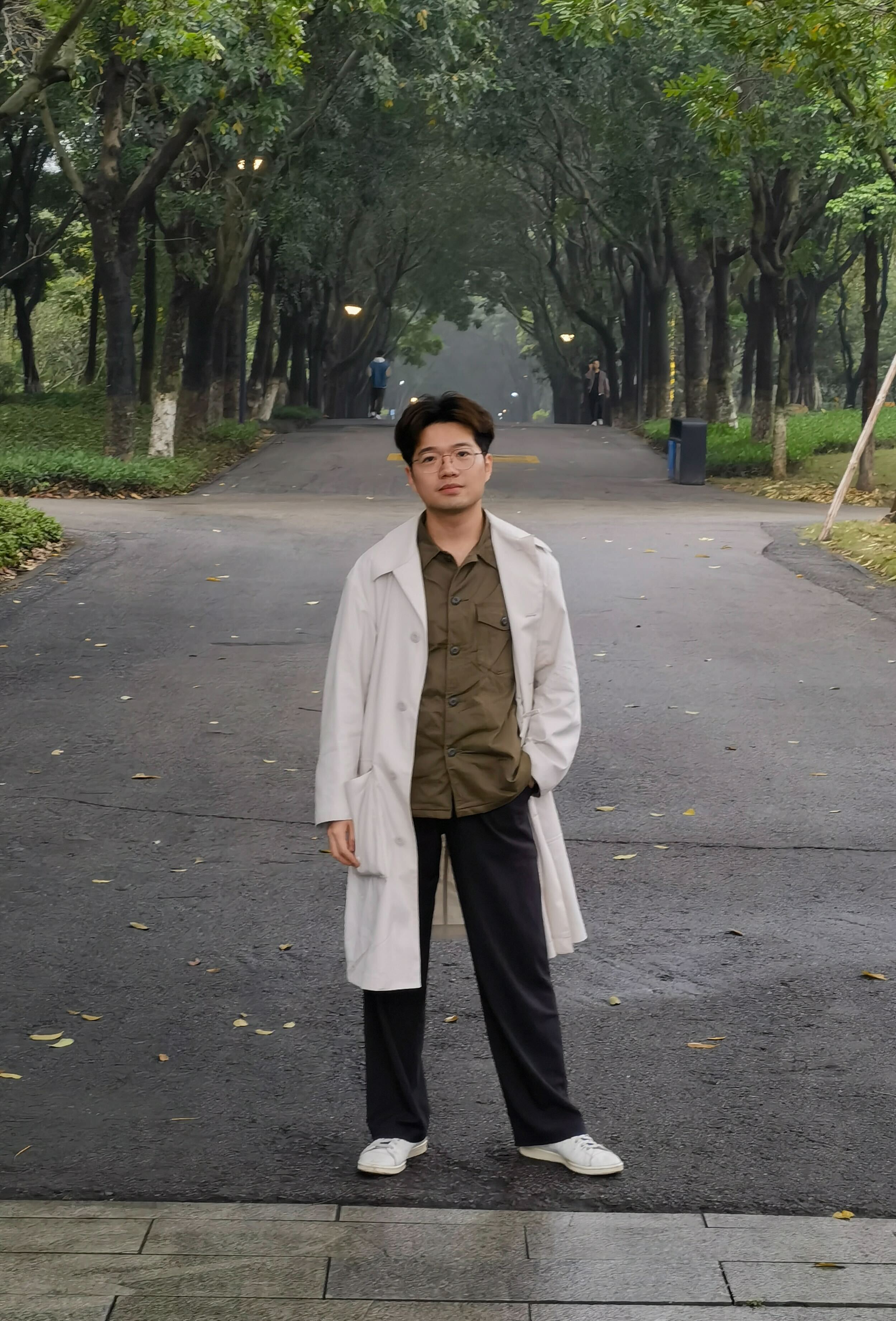
Junwu Chen
Learning is not always a piece of cake. Picking up the right ingredients may be easy to learn during cooking, but learning to control the right timing as well as the sequence of cooking steps at the same time is way more difficult. My project is centered on a multi-learning environment, in which people have the opportunity to learn different levels of abstraction. Working with Senne Braem, we aim to conduct behavioral experiments and combine computational models to investigate the dynamic learning processes. Before my PhD, I completed my master in basic psychology at South China Normal University. Outside of research, I love listening to music, rambling, cooking and watching films.

Silke Boulanger
After completing my master’s in Experimental and Theoretical Psychology at Ghent University, I began my PhD under the supervision of Senne Braem. My research explores how people learn to regulate cognitive control and whether this learning can transfer to new contexts. I focus on how individuals pick up on control cues at different levels of abstraction, from concrete stimulus–response mappings to broader strategies of flexibility and stability, and whether these learned associations generalize to new situations. Using a combination of behavioral experiments and computational modeling, I aim to better understand the dynamics of control learning and its transfer. Outside of research, I enjoy fashion, traveling, and reading.
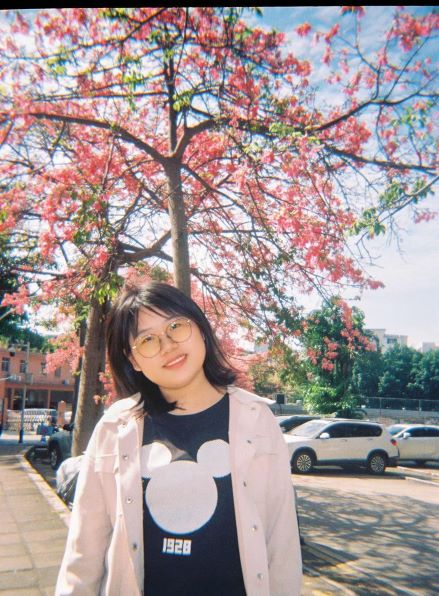
Yang Yang
I have completed my master in basic psychology at South China Normal University. I am now a Ph.D. student at Gent University. My research interests concern the neural mechanisms of reinforcement learning, decision-making, and cognitive control. Together with Clay Holroyd and Senne Braem, my research will mainly focus on using RSA (Representational Similarity Analysis) to examine the role of ACC in reward processing. Outside of research, I like traveling, listening to podcasts, watching movies, playing sports like badminton, volleyball, ping-pong… I like to experience new things.
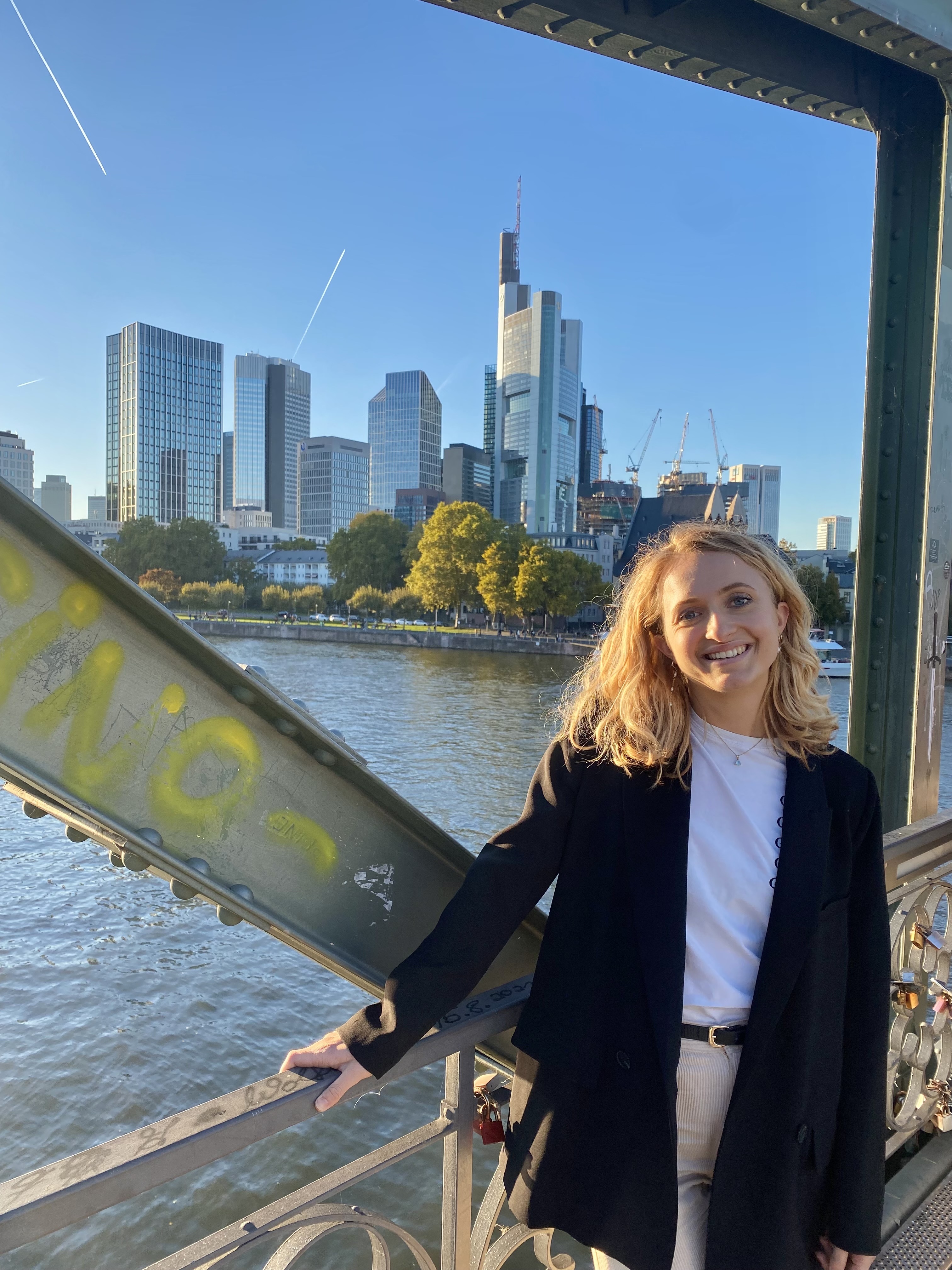
Hélène Van Marcke
After my masters in Theoretical and Experimental Psychology at Ghent University, I joined Kobe Desender's lab at the KU Leuven for a PhD in perceptual metacognition. I recently turned my PhD into a joint PhD supervised by both Senne and Kobe. My main focus of study is the subjective factors that influence people's decision confidence, resulting in under- or overconfidence when it comes to perceptual decisions. While it is often assumed that decision-maker compute the objective probability that their choice was correct, my research tackles this notion by showing the influence of subjective factors such as prior beliefs about performance. In upcoming projects, I'll try to formally establish this fundamental explanation of under- and overconfidence using a combination of behavioural and neuroimaging methods. When I'm not working, you can find me in the kitchen, out with friends, painting (or at least, trying to), or reading a book.

Lab Alumni
Leslie Held (2020-2025)
Shengjie Xu (2020-2025)
Mengqiao Chai (2020-2025)
Jonas Simoens (2019-2025)
Nanne Kukkonen (2020-2024)
Sam Verschooren (2022-2024)
Pieter Verbeke (2023-2024)
Ivan Ivanchei (2020-2023)
Mehdi Senoussi (2022-2023)
Eliane Deschrijver (2022)
Luc Vermeylen (2017-2022)
Judith Goris (2016-2022)
Visiting Researchers
David Gallego (2025)
Kiichi Kawahata (2024)
Dominic Tran (2024)
Blanca Aguado-López (2024)
Ping Chen (2024)
Bonnie Nozari (2022)
Nicola Vasta (2022)

